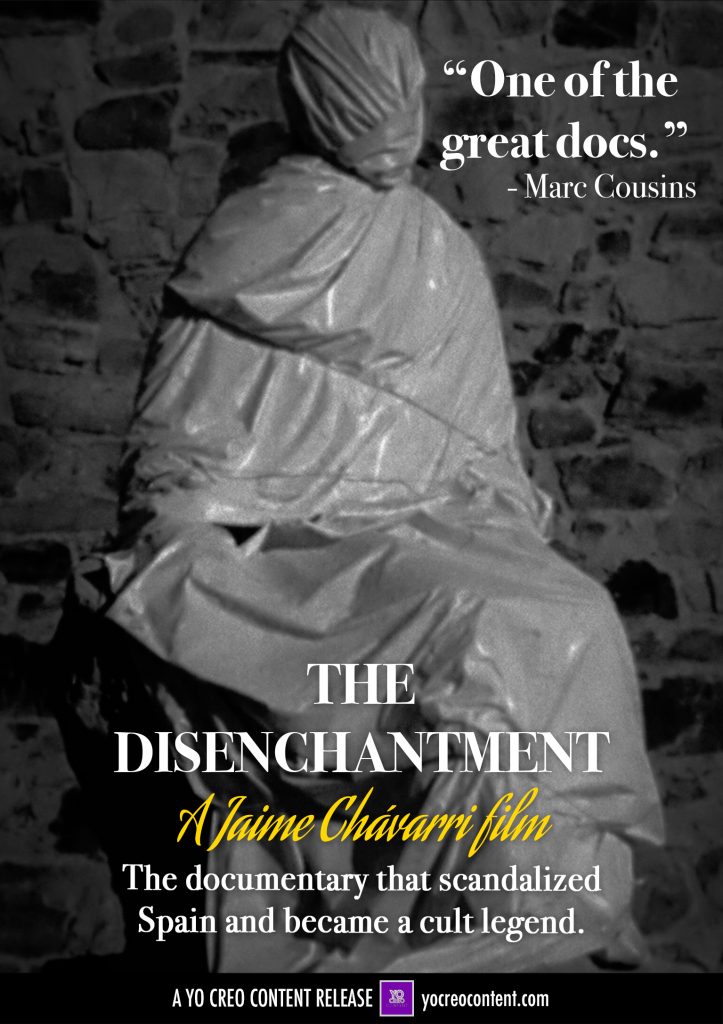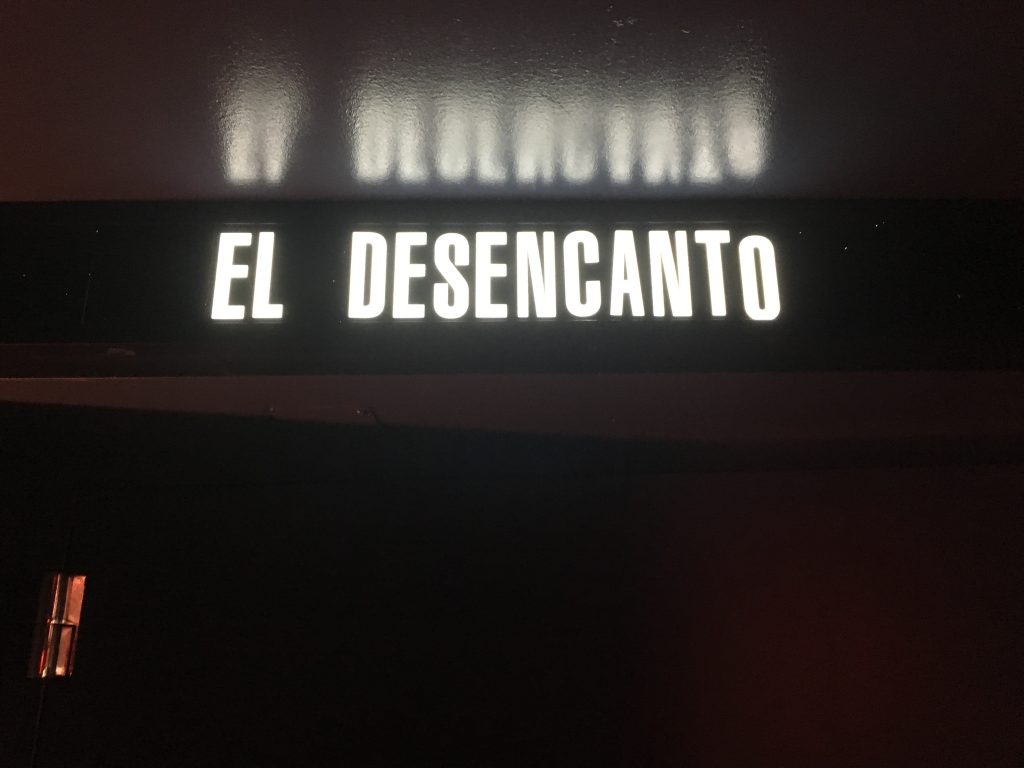Seven years ago, in the summer of 2012, I was living in Madrid. One night, my friend Javi invited me over to watch a cult documentary from 1976 called El Desencanto (“The Disenchantment”). It was about a strange, tormented, and eccentric literary family named the Paneros, with a complicated past involving fascism, communism, drug use, alcoholism, suicide attempts, incarceration, and loads of poetic self-mythologizing. Without getting into a laborious description, the best way to describe the film is that it’s the Spanish answer to Grey Gardens, and it’ll remind viewers today of The Royal Tenenbaums, except the people are all real. The Paneros also seem to have anticipated our current era of Kardashian exhibitionism, though they didn’t know how to monetize their exhibitionism as well.
To say I liked El Desencanto is an understatement, though my experience of the film quickly went beyond mere “liking.” Over the next three years I developed an obsession with the film and the Panero family, and what started as a hobby of sorts (there’s a subculture of thousands of Spaniards obsessed with the Paneros, but I’m pretty I sure was the first American) turned into a book project that consumed me for several years. In March, that book finally appeared in the world: The Age of Disenchantments: The Epic Story of Spain’s Most Notorious Literary Family and the Long Shadow of the Spanish Civil War.
Ever since I first watched El Desencanto, I dreamed of bringing it home, to American audiences. I knew it wouldn’t be for everyone (another understatement), but I thought there might be more than a few literary cinephile weirdos like myself who would get seduced by the family. When I moved back to the US in 2013, I contacted the Spanish production company that owns the rights to El Desencanto and told them what I was thinking. They were receptive, if a bit skeptical. After all, I didn’t know a thing about film distribution (not to mention, I didn’t have a contract for a book about the Paneros yet). I was basically just a really passionate fan, though in a country where the film had never been shown, so we emailed a bit and then left things open. I checked in periodically with them over the next five years, and then in the fall of 2018 I finally acquired the North American rights to El Desencanto. I still didn’t know a thing about film distribution. But I was still really passionate.
In the fall of last year, with my book release less than six months away, I got to work. I emailed some 400 independent theaters, art museums, universities, and community arts venues to see if they would be interested in screening El Desencanto, and, if possible, with me present to give an introduction beforehand and Q&A afterwards. (And, of course, I’d be promoting the hell out of my book). Most places ignored me, around 60 responded and said they would consider it, and nearly two dozen said yes. I was overjoyed. I knew no one would flip for the film quite the way I did, but I was sure I’d find a few kindred, Panerista souls.

The premier (if you could use that Hollywood word) was in April at Film Forum in New York City — the place where I had dreamed of kicking things off. While my book had received reviews in a couple of big outlets, and The New York Times had recommended the screening of El Desencanto in their weekend roundup, I worried that the theater would yawn with empty seats when the lights went down. Thankfully, my anxiety was unwarranted. A line of people waiting to see the film snaked out the door onto the sidewalk of Houston Street. Just shy of 100 people listened to the short introduction I gave, and then I sat down and watched El Desencanto with them. As has been the case with every screening I’ve done so far, I was in a state of delighted suspense discovering what made people laugh, what made them squirm, and what they said afterwards. As I expected, some people have hated the Paneros, while others have loved them.
Since April, El Desencanto has screened (usually with me present) in Philadelphia, Pittsburgh, Lancaster, PA, Washington, DC, Cleveland, Columbus, OH, Jacksonville, FL, Detroit, East Lansing, MI, Santa Barbara, and San Francisco, among other places, as well as on Los Angeles’s West Side, at UCLA. Now it’s coming to the East Side, where I used to live, and the Los Angeles Review of Books was kind enough to team up with me and LA OLA, an organization that promotes films from Spain, to screen it this Thursday, July 25th at 8pm, at Now Instant Image Hall in Highland Park.
I hope to see you there or at the next screening in Los Angeles, wherever and whenever that is.



